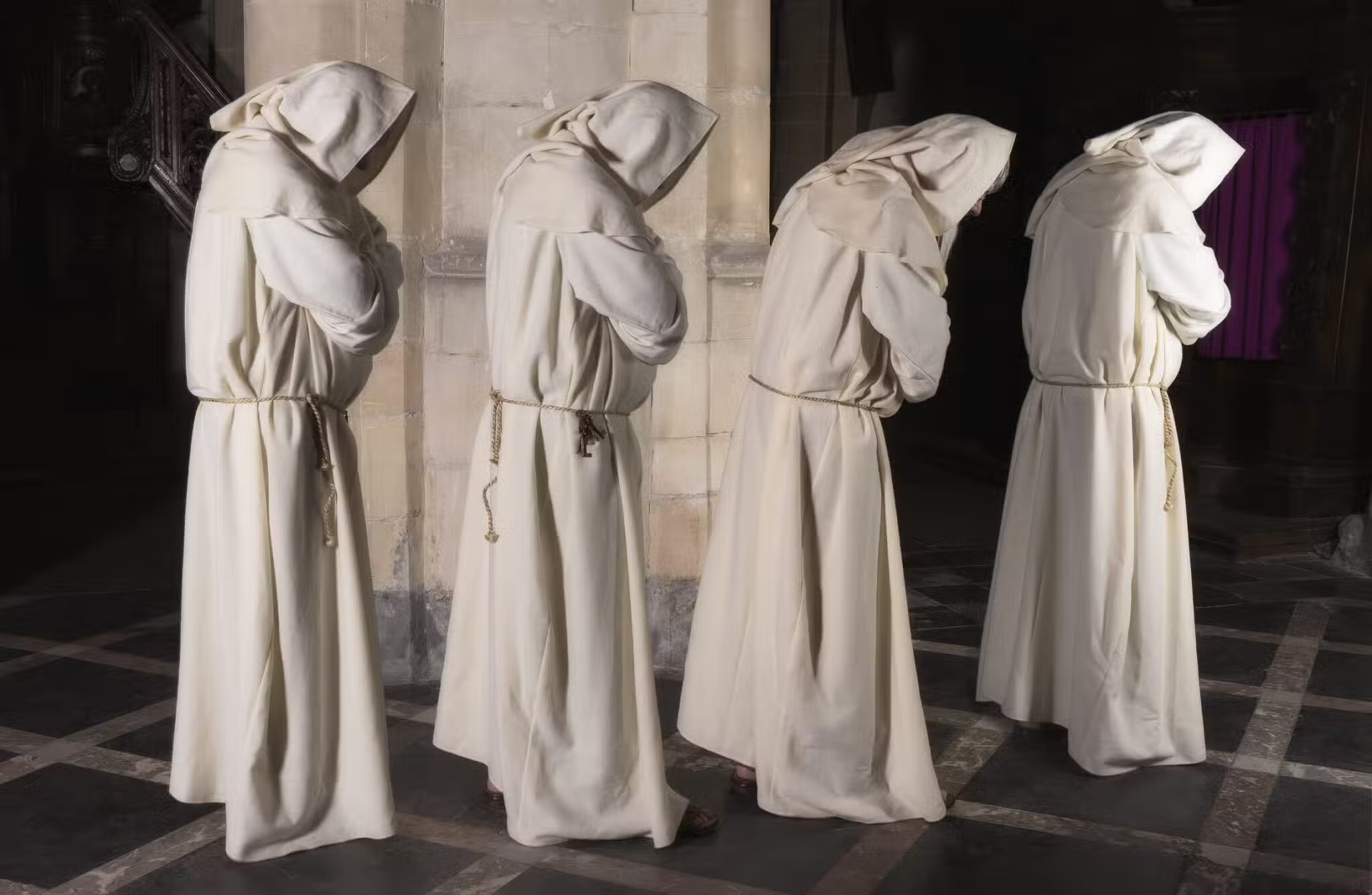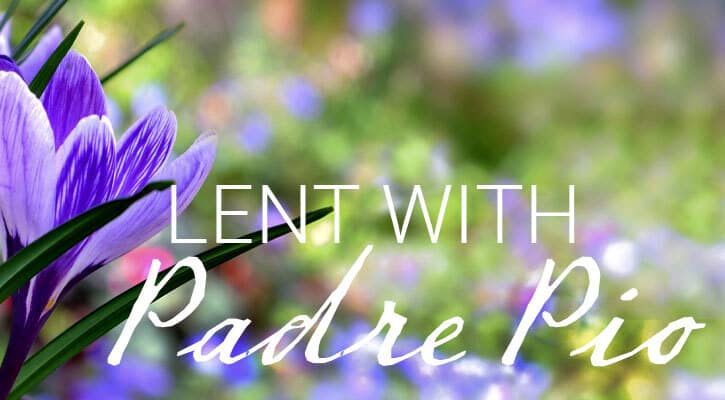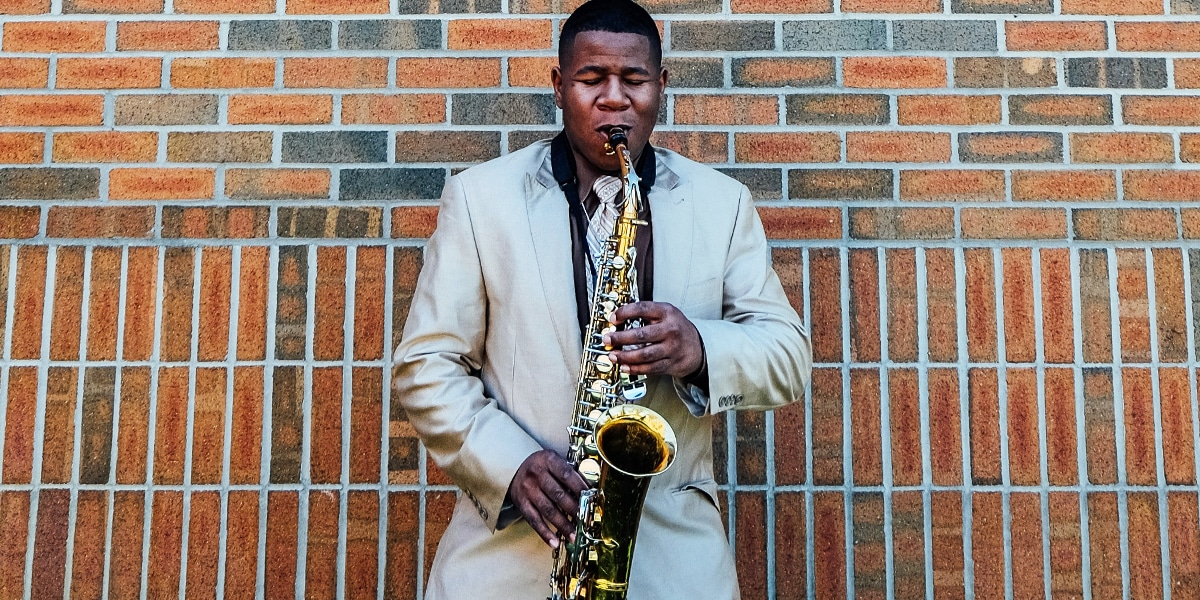What difference is there between a monk, a friar, and a brother? Also, members of religious communities place initials after their family name to indicate the community to which they belong. Where can I find a list of those initials?
For almost 800 years, officially recognized religious communities in the Catholic Church had as members either monks (men), nuns (cloistered women), or hermits (either gender). In the earliest days, few monks were ordained as priests; most were laypeople who took religious vows.
In more recent times, most monks have been ordained after they made their final monastic vows. Mendicant (begging) friars began with the Trinitarians in 1198 and were soon followed by the Franciscans (1209), Dominicans (1216), Carmelites (1245), and Augustinians (1256). Minims and Mercedarians were later classified as mendicants.
Some of the members of these communities are priests or are studying to be priests; other members are brothers. I am not aware of any friar group that has a difference in its religious garb to identify priests or brothers. The generic English term “friar” comes from the Latin frater, “brother.”
Regarding initials after someone’s family name: these usually derive from the formal title of that group—in many cases in Latin. Dominicans use “OP” for Order of Preachers.
Franciscans use “OFM” for Order of Friars Minor. Conventual Franciscans and Capuchin Franciscans add “Conv” and “Cap,” respectively.
Later apostolic groups adopted this custom. Jesuits are neither monks nor friars. They use “SJ” to stand for Society of Jesus. Some religious families have both men’s and women’s branches. Both Benedictine men and women, for example, use “OSB” to indicate “Order of St. Benedict.” Similarly, “OP” is used by both Dominican women and men.
A list of initials used by religious congregations in the United States can be found in the Official Catholic Directory. The Annuario Pontificio has similar lists for religious congregations around the world. Both books are published annually. Other lists can be found through Internet searches.
Strictly speaking, only cloistered women religious are nuns; members of other types of women’s communities are more properly called sisters.









2 thoughts on “Monks, Friars, Brothers”
My vocation is real I am 50 years old and I want to take the vows of poverty chastity and obedience.I want to be a brother friar.
My name is Paul Michael codyer and I am a U.S. army retired veteran.I am 50 years old and have been in the veterans administration the last 30years and am a disabled veteran. My calling is to be a Franciscan brother or OFM. My vocation is real and true.I look forward to making my decision of my contemplation of making the vows of poverty, chastity and obedience as a devout brother. I’ve made some mistakes as well like becoming a Mormon when I was 26.but I came home officially as a Roman Catholic on December 17th while going to Saint Margaret’s of Scotland Catholic Church in Lowell, Massachsetts.I met this African missionary named Fr Patrick who said Mass and I also have been formed a better Catholic by African missionaries Fr Theo, Fr Romain and Fr Sebastian..These priests are VA chaplains are all assainged at the Bedford VAMC.I have known these priests for over 5 years.I really do want to start my formation next year. Please help me decide what to do with Gods help. I look forward to a monastic, humble servant to be a Franciscan brother.
Sincerely, Paul M. Codyer